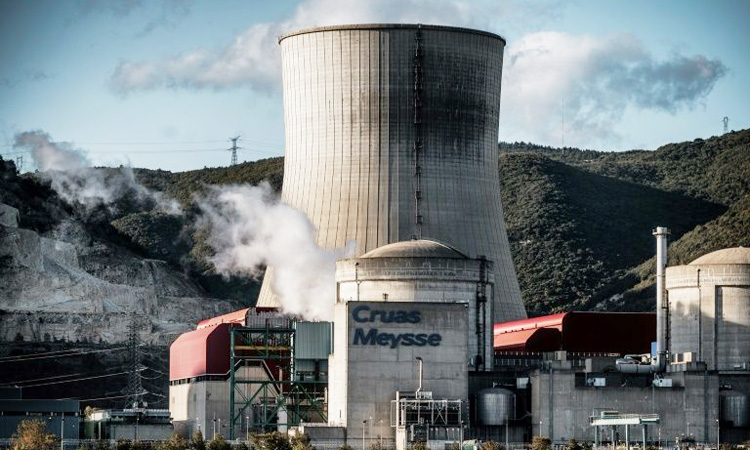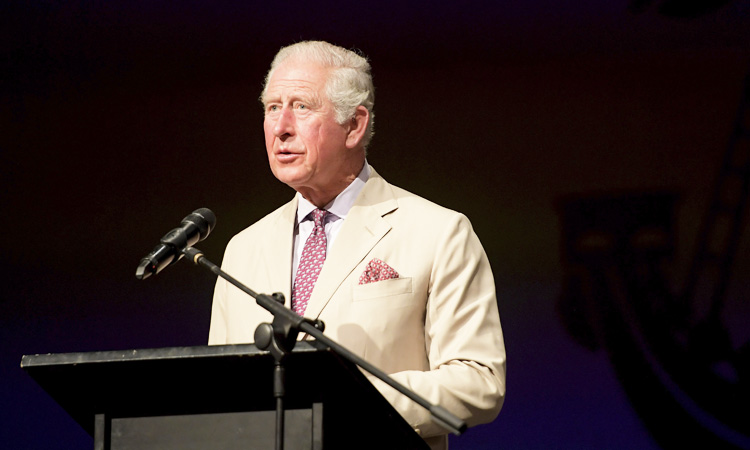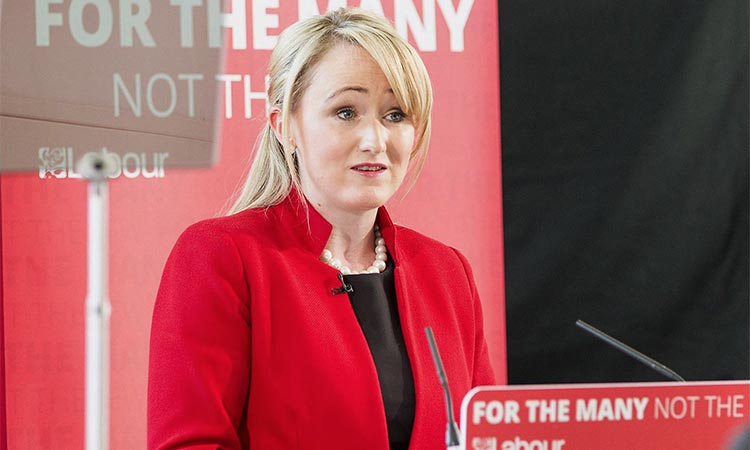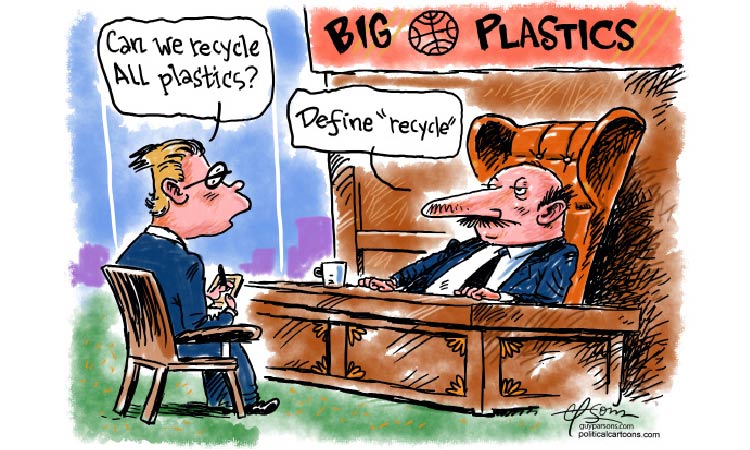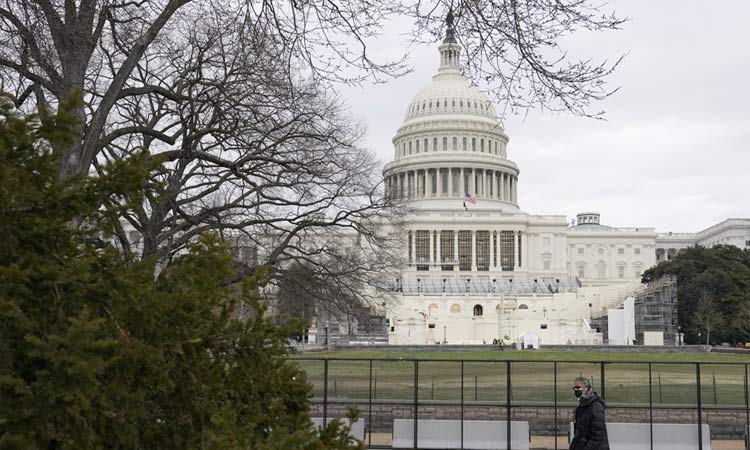UK needs to do more on easing climate crisis

How does the UK achieve a target of zero emissions by 2050 remains a big question.
Chris Goodall, The independent
The block to the expansion of Heathrow is an early victory in the fight against climate change. The third runway would have expanded the number of flights from the airport by more than 40 per cent. If the decision is upheld by the Supreme Court, emissions from aviation will be lower than they otherwise would have been.
But our celebrations should be muted. We still need to address the underlying problem. How does the UK achieve a target of zero emissions by 2050 while aviation remains such a large source of CO2? There is only one way forward: the UK needs to focus on making jet fuel from man-made sources that don’t add to carbon emissions.
Flights from the UK add almost 40 million tons of CO2 to the atmosphere each year, around 7 per cent of the national total. These numbers are particularly high by international standards. Another way of expressing the unusual importance of aviation to UK emissions is to note that more British people engage in international air travel than Americans or Chinese citizens, even though those countries have vastly greater populations.
The carbon consequences of individual trips are severe. A return flight to New York adds more than a tonne of CO2 to an individual’s carbon footprint, almost as much as the typical annual emissions from a small modern car. Moreover, that figure excludes the extra impacts of burning fossil fuels high up in the atmosphere, which scientists estimate may roughly double the overall greenhouse effect of flying.
Unfortunately, the energy for flying will need to come from liquid fuels into the foreseeable future. Batteries are too heavy to power any but the very shortest flights, such as between Scottish islands. Hydrogen, another alternative sometimes mentioned, cannot compete with the energy contained in an equivalent weight of aviation kerosene. “Flight shaming” may reduce the number of people in the air, but even a halving of departures would still require the UK to shift 15 per cent of its land area into forestry to fully offset the remaining emissions.
Fortunately, there is a route forward, although many technical and financial obstacles remain to its full implementation. We can chemically create man-made alternatives to fossil oil so that we can continue to fly without a net impact on emissions (although the extra effects of burning fuels at 35,000 feet will persist).
Are man-made alternatives to aviation fuels really possible? Yes. The molecules contained in fuels such as aviation kerosene are composed of atoms of hydrogen and carbon (hence the expression “hydrocarbon”). If we have supplies of these two basic chemical elements we can use well-understood engineering techniques to create complex hydrocarbons that are full replacements for fossil fuels. The processes employed have been in active use for many decades and already make hundreds of millions of tons of useful chemicals each year.
The crucial question to answer is this: how can we create abundant amounts of hydrogen and carbon in a way that doesn’t add greenhouse gases to the atmosphere, and at a reasonable price? Hydrogen is the simpler case. All we need is a supply of renewable electricity which we then use in a machine called an electrolyser. This uses the electric power to separate out the hydrogen and the oxygen in water molecules. The hydrogen can then be stored.
Carbon is a little more difficult. Probably the best way of getting large quantities of carbon dioxide is to collect it directly from the air. This is possible, but the technology is still at an early (and expensive) stage. Once we have good supplies of CO2 and hydrogen we can manufacture abundant amounts of a fuel that will not result in net additions to greenhouse gases.
We cannot completely avoid the need for flying, even though each of us has an obvious responsibility to avoid taking the plane when we can. Because of the particular importance of aviation to the UK economy, it now makes clear sense for the country to invest in the research and development to push synthetic fuels forward, probably using money raised from taxation on today’s ultra-polluting aviation sector.
